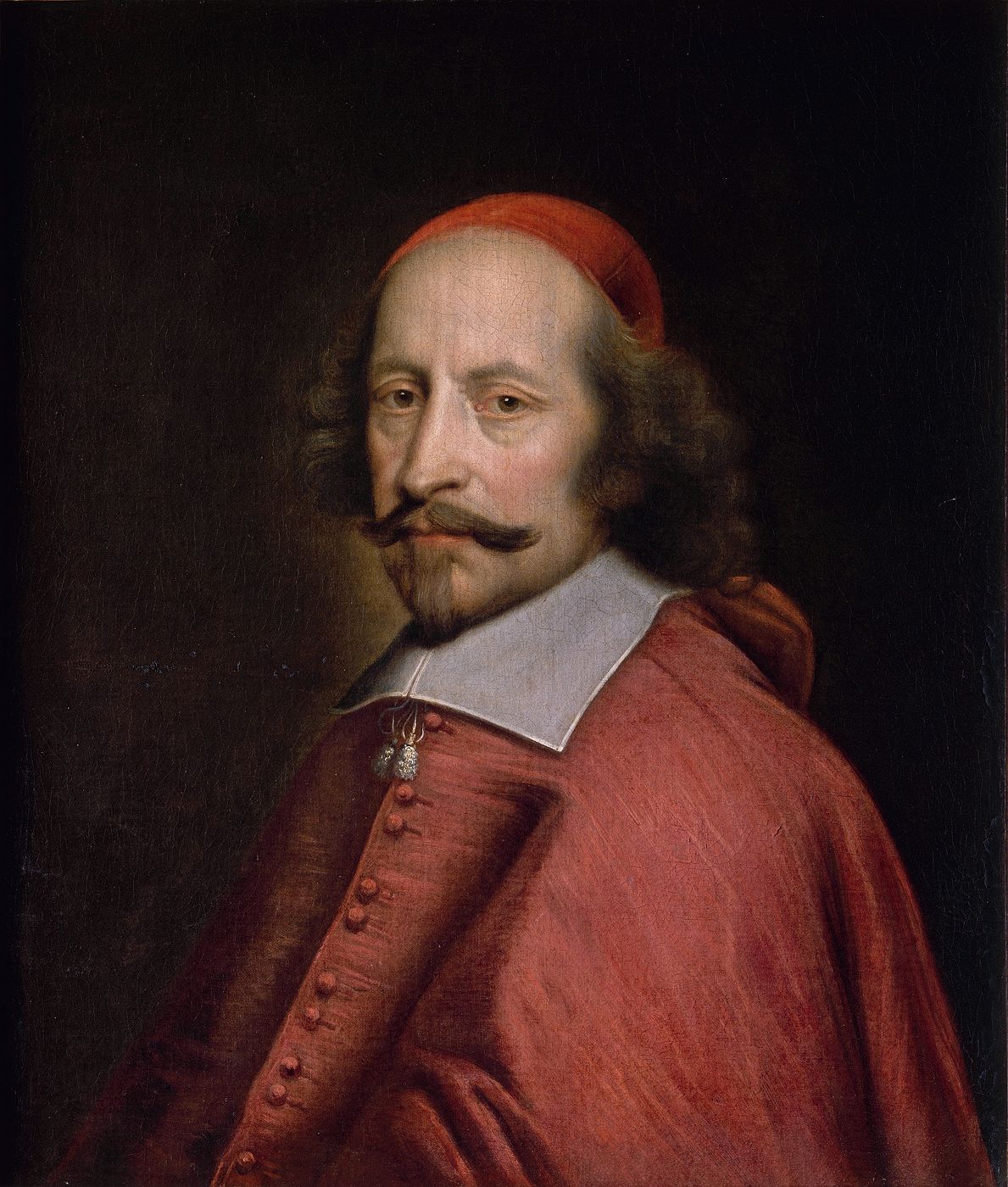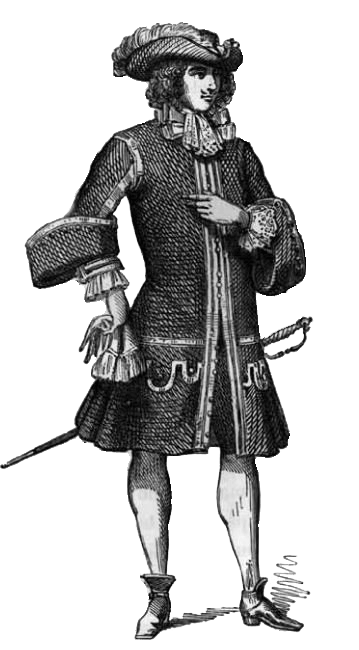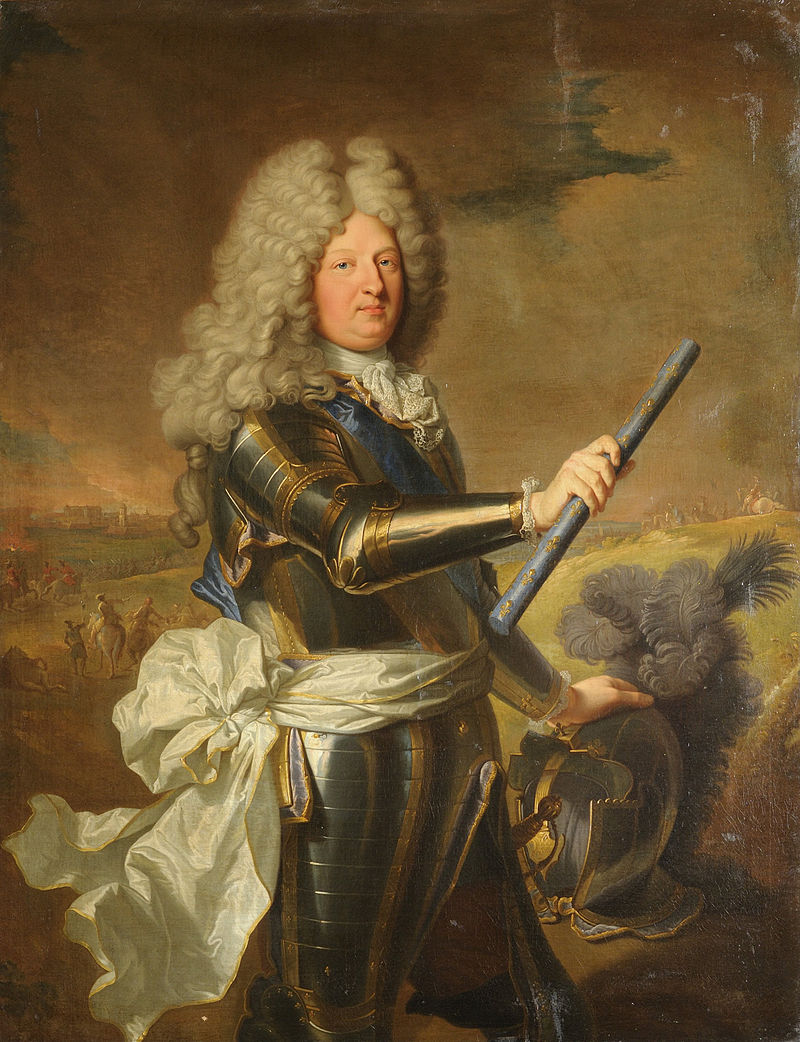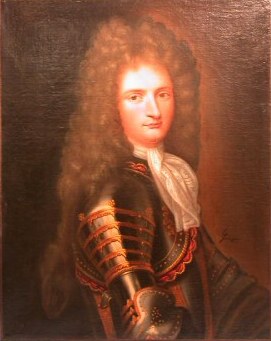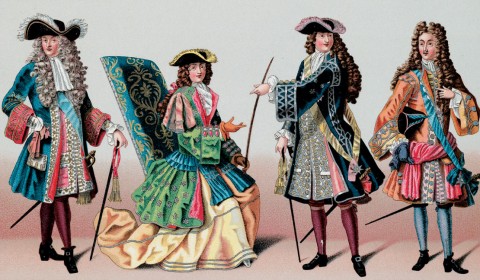François Michel Le Tellier de Louvois
Born in Paris on 18 January in 1641, François Michel Le Tellier de Louvois was the son of Michel Le Tellier. A man from a Parisian magistrate family, who became maître des requêtes under Louis XIII and, thanks to a friendship with Cardinal de Mazarin, Secretary of State for Military Affairs for the young Louis XIV.
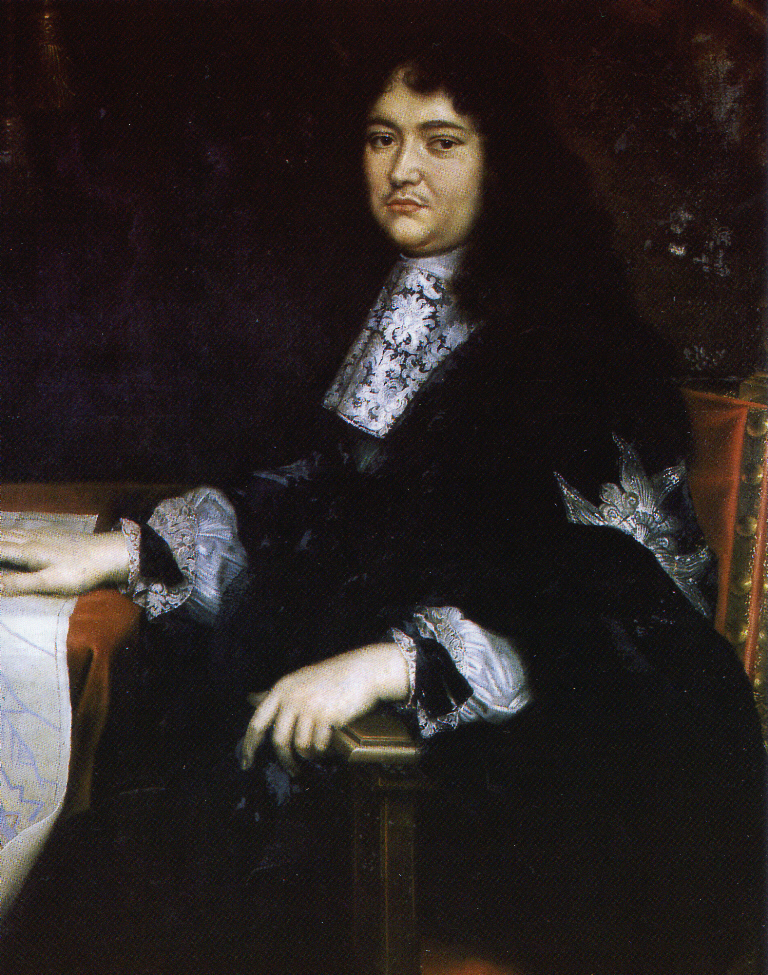
His son, who we today know as simply Louvois, grew up during the turbulent time of the Fronde and was brought up with the prospect of taking over his father’s position one day. Michel Le Tellier had obtained permission in 1655 to had his job over to his son, thus François was educated in the spirit of being War Minister in the future.
After a childhood not much is known about, François Michel Le Tellier de Louvois married Anne de Souvré, Marquise de Courtanvaux et de Messei on March 16 in 1662. The marriage was arranged by his father and the bride a rich heiress. To celebrate the match, François Michel Le Tellier de Louvois received the chateau de Louvois as a gift from his father and now went by the title Marquis de Louvois.
Although it was not yet time to take over his father’s position, Louvois was allowed to do so the same year, during the absence of his father from court, and to assist him whenever necessary. During this time he won the trust of Louis XIV and also the great Turenne noticed how skilled this Louvois was in matters of war and providing for the troops. It was not a natural skill, however. Louvois was not a brilliant scholar and it took a bit of an iron hand from his father to form the young man for his future job. The hard work was not in vain. In 1665, Louis XIV granted Louvois to handle all affairs of his father’s position and sign letters, the latter only in presence of his father… but still.
Louvois first chance to shine came during the War of Devolution, in which he accompanied Louis XIV to the fields of battle. With his trained eye, Louvois saw at once the troops were not provisioned too well and what consequences this could have. After his return from war, Louvois busied himself with preparing the next. It was clear to everyone that what Louis XIV perceived to have been a betrayal by the Dutch would eventually lead to French troops entering Holland. Thus Louvois spent the next years with gathering troops for a possible war with the Dutch, while the rest of the Ministers, especially Colbert, tried to find the means to pay them. Up to this very point, Louvois was still not the official Secretary of State for War. The position was still held by his father, so one can say Louis XIV had two War Ministers, one official and one unofficial. The measures Louvois took to prepare a war with the Dutch, were quite successful. He was also the one who acted at once as information about a plot to kidnap the Dauphin was carried to him and worked tirelessly to reform the army.
Finally, after long years of being unofficial Secretary of State for War, Louvois took over the position in 1677 as his father was named Chancelier de France. However, until the death of his father in 1685, Louvois still sought his advice on basically everything. It was also not Louvois who was responsible of turning the French troops into the finest of Europe, he only administered the plans his father had in most cases.
 Plotting and intrigue were not unknown to Louvois either. He is said by many to be the reason for Colbert’s downfall, by taking the King’s side instead of the more reasonable side of Colbert and by plotting against him during the affaire des poisons. After Colbert’s death, Louvois took over Colbert’s position as Surintendant des Bâtiments, the one who leads all building activities… especially those at Versailles. While Colbert considered Versailles to be a bit of a waste of money, Louvois happily agreed with Louis XIV’s plans to enlarge the chateau further. Yet Louis XIV was not always happy with Louvois. They had disagreements quite often and the favour of Louvois began to wane.
Plotting and intrigue were not unknown to Louvois either. He is said by many to be the reason for Colbert’s downfall, by taking the King’s side instead of the more reasonable side of Colbert and by plotting against him during the affaire des poisons. After Colbert’s death, Louvois took over Colbert’s position as Surintendant des Bâtiments, the one who leads all building activities… especially those at Versailles. While Colbert considered Versailles to be a bit of a waste of money, Louvois happily agreed with Louis XIV’s plans to enlarge the chateau further. Yet Louis XIV was not always happy with Louvois. They had disagreements quite often and the favour of Louvois began to wane.
One time there was a argument over the height of windows, a other time Louis XIV himself ordered a regiment to change location and had to see, when passing by later on, that said regiment had not changed location. As he inquired why this was the case, a officer told him Louvois had ordered them back. Louis was not amused and from this day on, Louvois lived in constant fear to lose everything…. but he, with his unscrupulous, shameless and arrogant air of knowing everything, was the reason for his own downfall. Many accused him already to keep the Kingdom in a constant war with this or that country in order to gain more importance for himself. If there was war, or the prospect of war, he was needed, while this was not the case in times of peace.
His sudden death on 16 July 1691 saved him from disgrace. By that time, Louvois had made an enemy of Madame de Maintenon. Louvois was present during the secret wedding of Louis XIV and Madame de Maintenon and considered the whole thing a farce. Apparently he urged Louis on his knees not to marry her. Of course Madame de Maintenon did not like that at all. The Sack of the Palatine was also Louvois doing, sources argue here whether it happened with or without approval of the King, and left his shirt stained.
On 16 July 1691, Louvois was in conversation with Louis XIV and just on the way back to his rooms, as a sudden shiver came over him. He hardly managed to get back before he collapsed and died due to apoplexy. The Sun King did not mind it much, saying his interests will not suffer due to the demise of Louvois.
